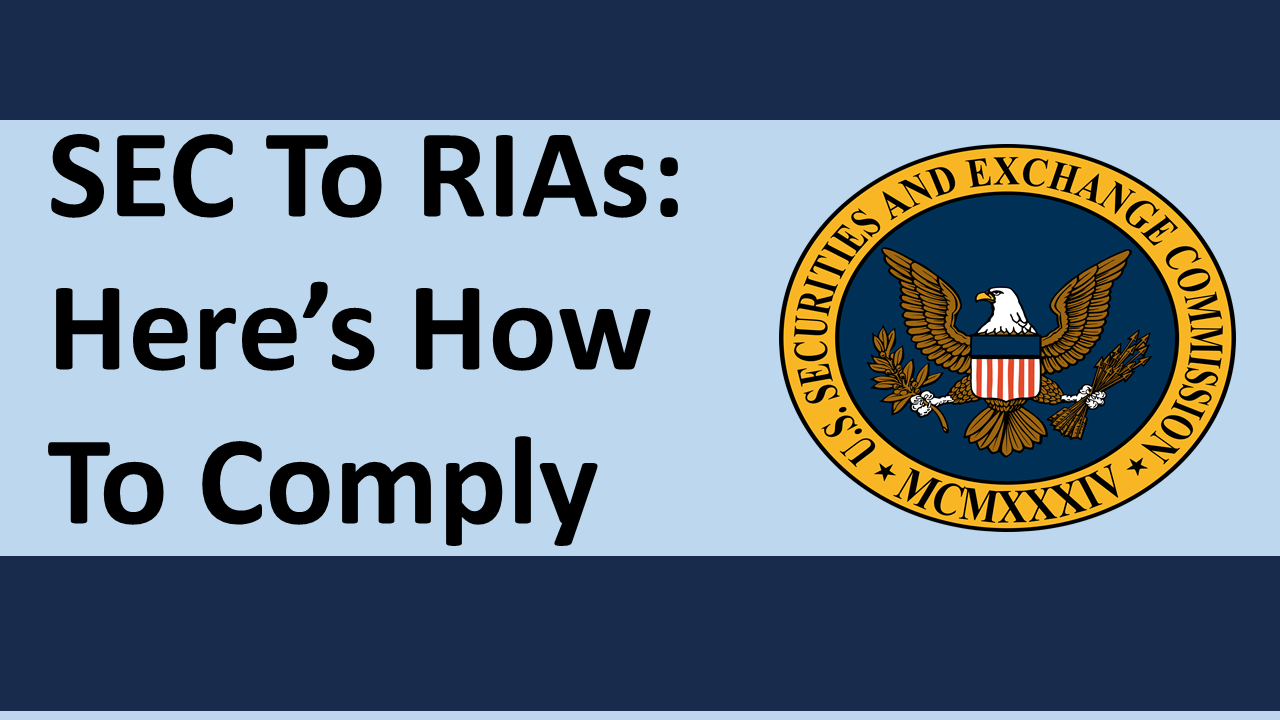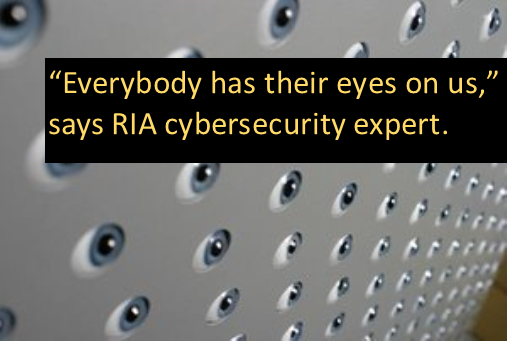Mandatory Advisor Exams Are Out At The SEC, "High-Risk" Screening Is In Hot
The SEC's deputy director of compliance, inspections, and examinations, Norman Champ, revealed recently that they're "not doing routine cycle exams" because they "have to be very careful where [they] send these limited resources."
In other words, it's not a matter of waiting in line for your number to come up in the examiners' list. Instead, RIAs go an average of 12 years between audits because the auditors are busy tackling cases on a priority basis.
Situations that look like they present a high risk of hurting investors come up first on the SEC screens, Champ says. They get handled first.
And then, presumably, the auditors are off to put out the next fire, so they may never get to firms that look like they're in good shape.
It might not be the worst approach, especially since it looks like the number of advisor examiners has dropped dramatically in the last few months.
There are now 450 examiners who will be watching around 10,000 firms once mid-range RIAs depart to state oversight in a few months.
That's 22 firms per examiner. Once again, they can spend about two weeks a year studying each RIA under their supervision and then refer problem cases to specialists.
In that case, every firm would get an annual check-up and long-running Ponzi schemes like Bernie Madoff's won't run nearly so long.
Or they can keep putting out fires.
Either way, much like the IRS, the SEC won't say what its red flags are. If crooked advisors knew what the screens were set to detect, they'd change their schemes accordingly to drop back under the radar -- where they may never see an auditor until it's too late.
This Website Is For Financial Professionals Only
 Plain-English Translation Of SEC Official's Speech To RIA CCOs
Plain-English Translation Of SEC Official's Speech To RIA CCOs RIA Data Security Webinar By Compliance Whiz Chris Winn Receives A 4.7 Rating From Attendees
RIA Data Security Webinar By Compliance Whiz Chris Winn Receives A 4.7 Rating From Attendees 2014 RIA Compliance: 23 Questions From Advisors And Answers
2014 RIA Compliance: 23 Questions From Advisors And Answers Questions About ByAllAccounts And When Account Aggregation Of 401(k) Assets Triggers Onerous Custody Rules Become Focus Of Webinar About 2014 SEC Examination Priorities For RIAs
Questions About ByAllAccounts And When Account Aggregation Of 401(k) Assets Triggers Onerous Custody Rules Become Focus Of Webinar About 2014 SEC Examination Priorities For RIAs









